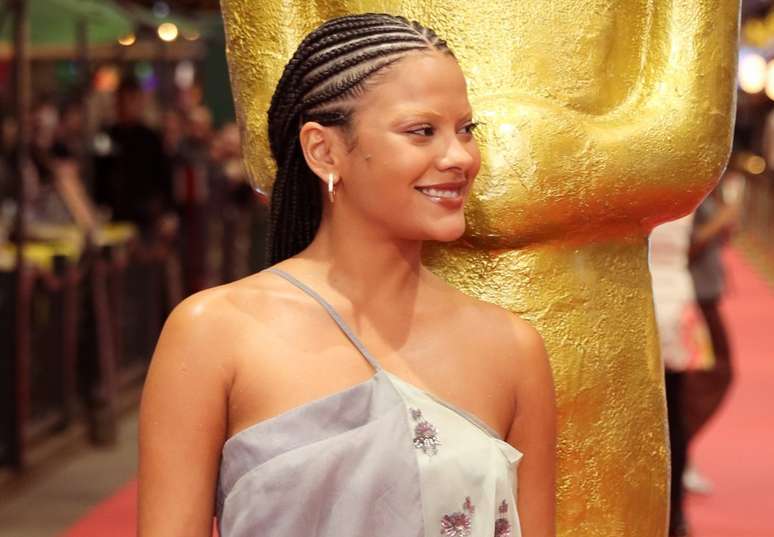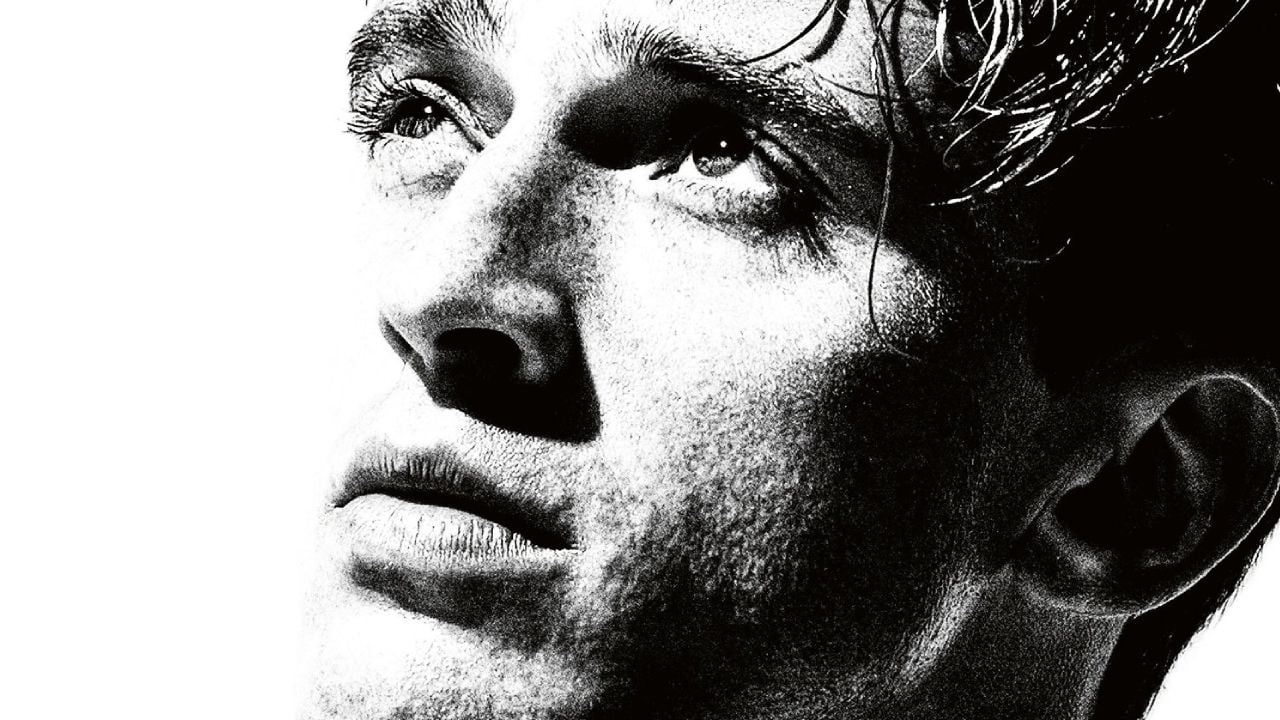When Fabrício asked his mother to play with boys she didn’t know, Mariana hoped they wouldn’t ask him to leave the field. She was surprised by what happened next.
“Mom, I want to play football with them,” Fabrício, 11, asked his mother, Mariana Caminha. It was a sunny weekend in Brasilia.
She and other adults were barbecuing outside in a gated community, and a group of children played soccer on the pitch next door. Mariana didn’t know those boys, but she wanted to grant her son’s wishes.
Fabricio is autistic, so he would not participate in the game at the same pace as the other boys. Not knowing how the children would welcome his son, he says he decided to give it a try and ask them to include the boy.
“My impulse at that moment was to take a look to see who might be the leader there, the child with the most influence in the group. I spotted an older boy, walked over to him and said, ‘Look, Do you see that boy over there? He wants to play with you, ‘”said Mariana, who works for a British environmental consultancy firm.
“He’s autistic, so he doesn’t understand the rules very well. If he enters the field, will you give him a hand?” He asked the boy. “The boy gave the ok sign and didn’t ask for anything. I went out and looked, to give Fabrício space to take the initiative.”
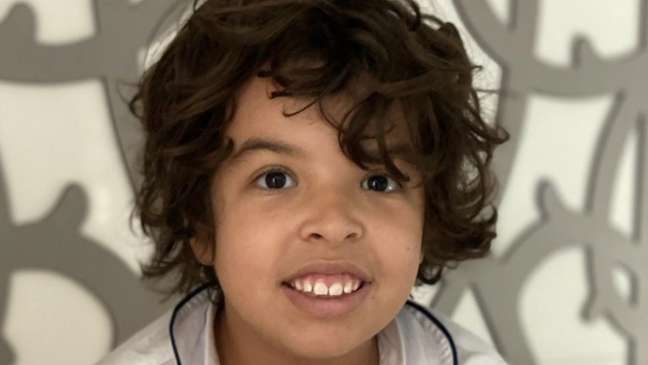
Mariana’s son happily entered the court and joined the other boys, starting to run with the group. The mother watched with fear, but happy with her son’s initiative, and she decided to film the scene.
What happened next moved Mariana and thousands of people who later saw the video, which went viral on social media.
“My expectations were very low. My expectation was just that they would not send him away, that they would let him play for a while, without sending him off the pitch,” he told BBC News Brasil.
“But what happened was much bigger than I expected. Not only did they include him, they let him play, but they also changed the dynamics of the game to make Fabrício feel part of that.”
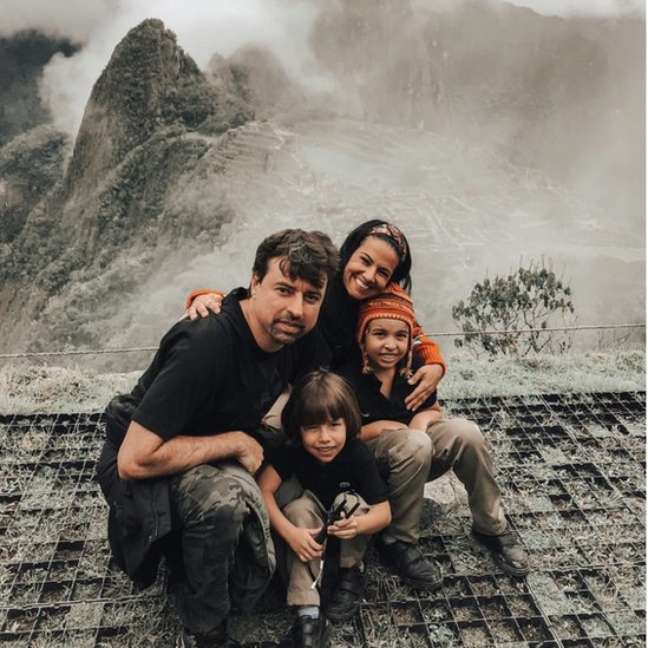
The images recorded by Mariana show that, after Fabrício joined, the game continued the same for a few seconds. Later, an older boy took the ball and passed it to Fabricio, discreetly indicating to the others that they should give the boy space for a while with the ball at his feet.
Organically, without any further communication, the boys followed Fabrício, without stealing the ball. “Kick him on goal!” Mariana shouted at her son, her voice full of enthusiasm.
Fabricio, then, concentrated, slowly turns towards the goal, while the other players turn around him, without contesting the ball. He aimed, kicked and scored.
Immediately, the other guys cheer. One of them stretched out his hands in a “touch here!”. And the game continued.
“My eyes filled with water. It was the most genuine inclusion I have experienced in all these years, since Fabrício’s diagnosis,” says Mariana.
“We went through several positive and negative moments when it comes to inclusion, but there I think it was the best moment, because he was not a child, there were several children, children who didn’t know him, who maybe I don’t even know about him, regarding autism “.
The video went viral
Mariana decided to post the video on social media and soon began receiving emotional likes and comments.
Subsequently, an Instagram account about children’s activities in Brasilia reposted the images and within a short time the video reached more than 20,000 views.
Gustavo’s mother, one of the boys who celebrated the goal with Fabrício, saw the video by chance for this reason and was moved by her son’s attitude.
“You have filled my heart with joy. The boy in yellow is Gustavo, my son. He has a friend who also has autism, Enzo. I love their friendship,” he wrote.
Mariana responded with praise: “Your son is very beautiful. I was delighted with him. Congratulations on the beautiful human being you are creating.”
On BBC News Brasil, Gustavo’s mother, Ticiana Villas Boas, said the incident showed that “prejudice comes from adults” and defended that schools and families reinforce inclusion.
“The child doesn’t have that eye to look at. ‘Look, that boy has Down syndrome or that boy is autistic.’ This ends up leaving a lot of us children, so they become different adults. Because, with adults, undo prejudice is much more difficult, “he said.
“I think if we start working on this in childhood, we start changing the generations that are out there.”
When he returned home, Fabrício proved that that moment of inclusion meant a lot to him.
“When we got back, my father was here and he asked Fabrício how the birthday barbecue was going. And he replied: ‘I played soccer! I played soccer with my friends.’ most special moment of the day for him. what a beautiful memory “, says Mariana.
“Interaction is very important for children with autism, and these children have to be in school, they have to learn. They have to live with neurotypical children and with children with other types of disabilities, because diversity is what makes society rich”, he defends.
And a day of spontaneous inclusion like that at a football match is worth a lot in the life of a family with an autistic child, because the challenges are many and they start with the difficulty of an accurate diagnosis, says Mariana.
Exchange of doctors
In Fabricio’s case, the diagnosis came shortly after he was 2 years old. Her first-time parents, Mariana and her husband had no idea what a sign of autism might be.
The two lived in London and, when they had the baby, they did not live with the parents of other young children in order to observe behaviors typical of their age.
“Obviously, there were some aspects of Fabrício’s behavior that weren’t much expected by a child at that age. He didn’t clap his hands, he didn’t have a social smile, he didn’t make eye contact. Say a lot,” he says.

When they moved to Brasilia, Fabrício started attending the nursery and the teacher suggested taking him to the neurologist.
“It was a struggle for us to get this diagnosis. We went to at least five neuropediators. They said that every child has his time, that this was his personality. Until we went to São Paulo for a consultation with a neurologist. specializing in autism who had 50 years of experience, “he says.
“He squinted his eyes and, after an exam, he already said: Look, your son is on the autism spectrum, and this is how you should live your life. So, he gave a series of advice from professionals. He opened up, because we had no one diagnosed as autistic in the family. “
In the United States, one in 44 children under the age of 8 is diagnosed with autism, according to the Centers for Disease Control and Prevention (CDC).
There is no such survey in Brazil, but data from the United States indicate how high the incidence of autism is. For comparison, in the case of Down syndrome, the prevalence is 1 in 700 children, according to the CDC.
Mariana stresses the importance of disseminating information on autism and ensuring early diagnosis. The earlier an autistic child receives therapy to help him develop, the better the prognosis.
“We know that when a diagnosis is received, there is a race against time to ensure early stimulation at a crucial stage of development.”
therapeutic routine
When they learned that Fabrício was autistic, Mariana and her husband plunged into research to understand what they could do for their son.
Currently the boy follows an intense routine of therapies, which include sensory stimulation, a speech therapist and the simulation of the school environment, with exercises that mimic social interactions.
“It’s a tough routine. On Mondays, Wednesdays and Fridays, she goes to school full time. Then she goes to school, has lunch there, and in the afternoons she does a lot of physical activity, arts and even exercises. Therapy days,” he says.
“Sensory stimulation is important because we know it perceives things differently. Sometimes a sound is much louder than it is. Sometimes the clothes you are wearing can be uncomfortable. So, there is a sensory imbalance that therapy helps to control “.
After having Fabrício and before discovering that her son was autistic, Mariana became pregnant again, from Santiago, who is currently 8 years old. She does not have autism and is a great companion of Fabrício, says the boys’ mother.
“Santiago defends his brother and explains to children and adults what autism is. He knows the behaviors he should ignore in order not to reinforce it, he is a super therapist and a great friend of Fabrício”.
Doubts about the future
For Mariana, the hardest thing is imagining what might happen in the future. She considers herself privileged to be able to bear the costs of treatment for her son, but she regrets the lack of public health policies serving the millions of people on the autism spectrum who do not have the financial conditions to do so.
“The biggest fear when you have a child with a disability is what will happen to him when you are no longer here. It would be so nice if there was some kind of assistance, a health program, but there isn’t. One way family agreements. “, He says.
For now, Fabrício has exceeded expectations, with the support of family, therapies and friends. He goes to the same school as his brother, has friends and can read.
“It can range from highly functional autistic people who pass a public ban, getting married, to an adult wearing diapers at age 45. That’s why we talk about the autism spectrum,” he explains.
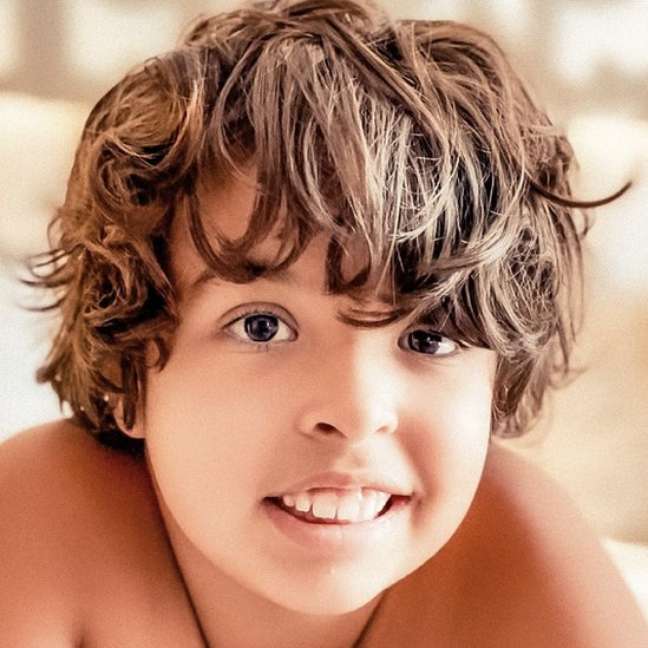
“Where is Fabrício on this spectrum? I don’t know. Every moment of development is a surprise. Will he be able to speak? He did. Then, will he be literate? He’s gone,” he says.
“Now let’s go into another time, which is adolescence. Soon it’s a preteen, and then it’s another story, because hormones and all that. Baby, but with a child with autism this is more pronounced.”
Mariana says the greatest reward in this whole process is seeing that Fabrício is happy. And the children who spontaneously included the boy in the football match on that sunny afternoon immortalized a memory of welcome and friendship.
“Simple moments like this from the football match can have enormous significance. They show me that children are much more open, empathetic and willing to include than we think. It’s very nice.”
– Text originally published in https://www.bbc.com/portuguese/geral-61710531
Source: Terra
Benjamin Smith is a fashion journalist and author at Gossipify, known for his coverage of the latest fashion trends and industry insights. He writes about clothing, shoes, accessories, and runway shows, providing in-depth analysis and unique perspectives. He’s respected for his ability to spot emerging designers and trends, and for providing practical fashion advice to readers.



